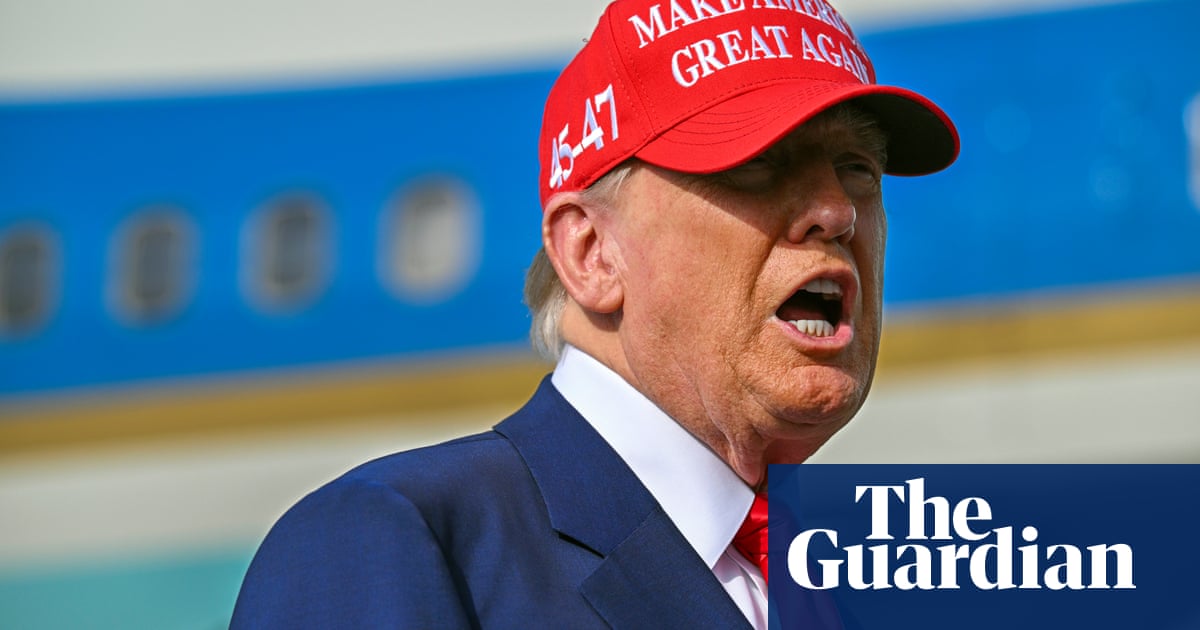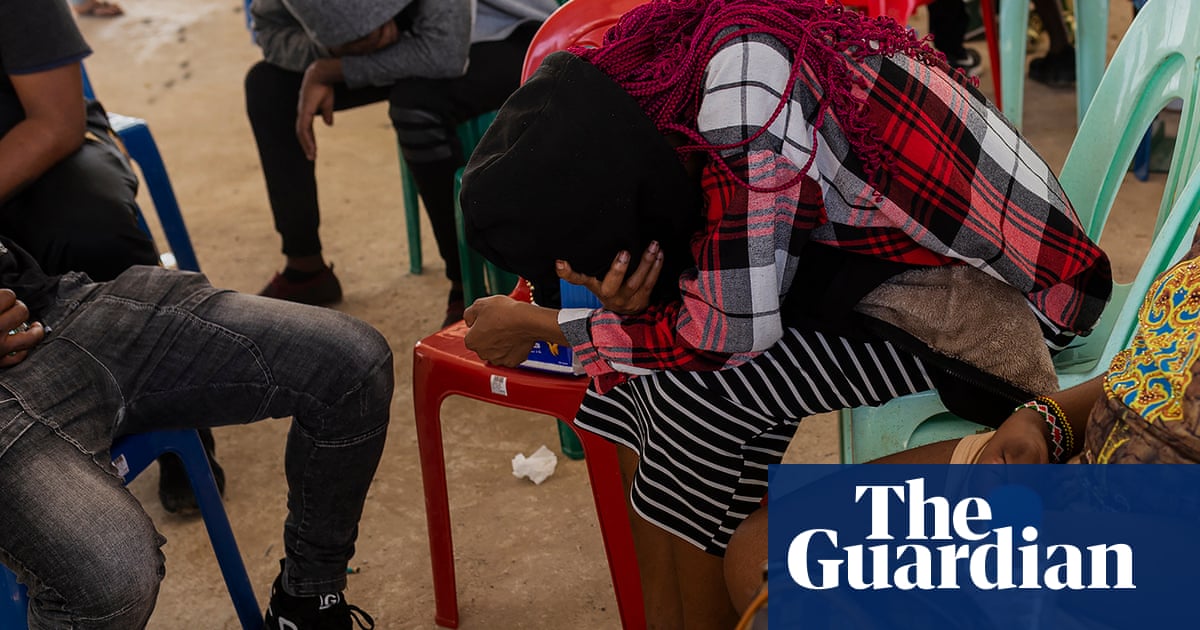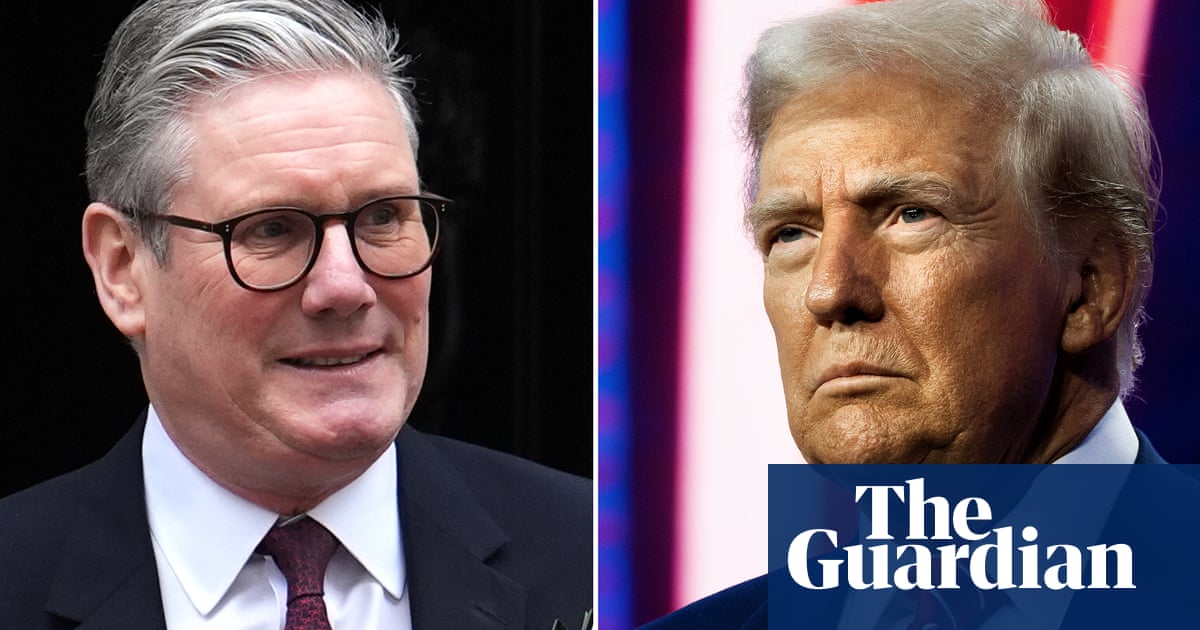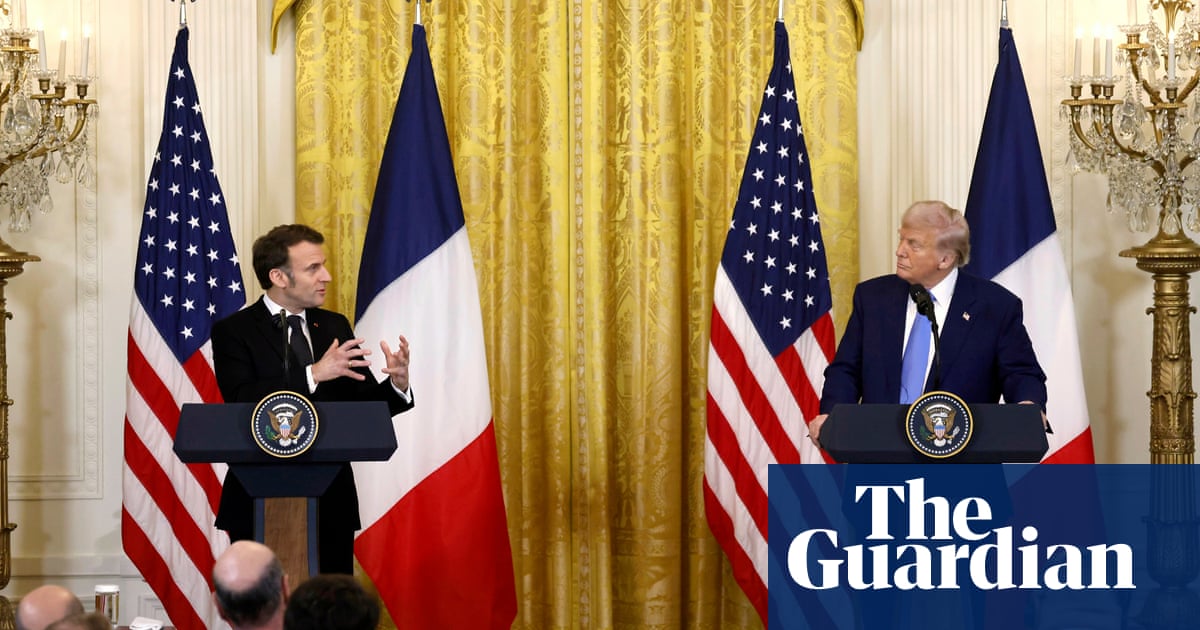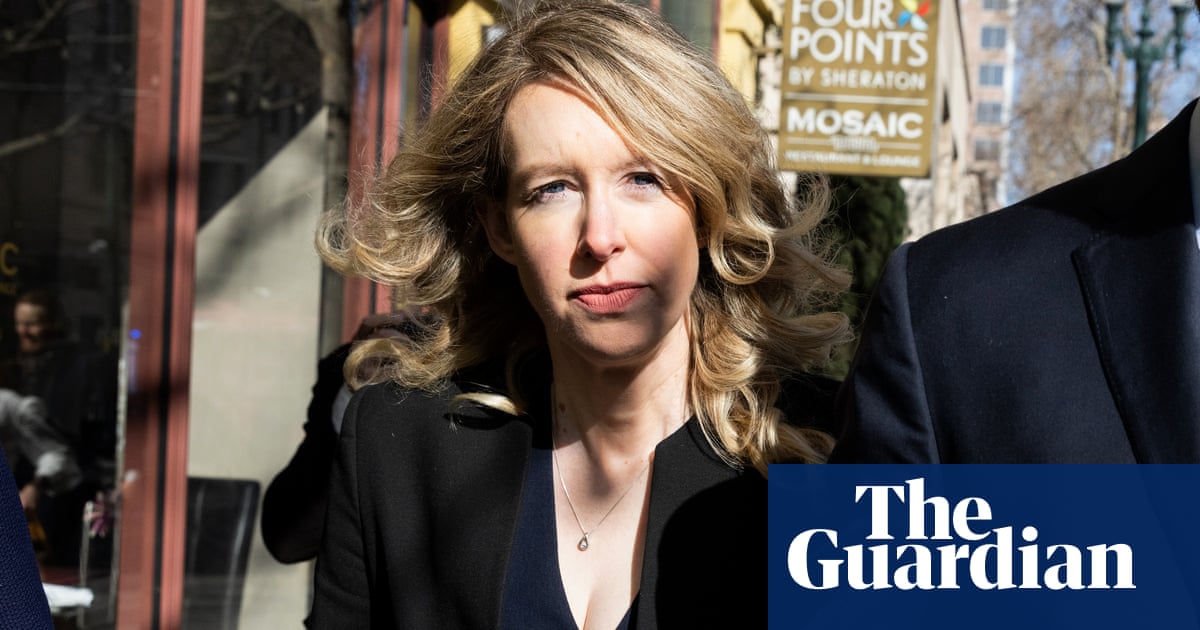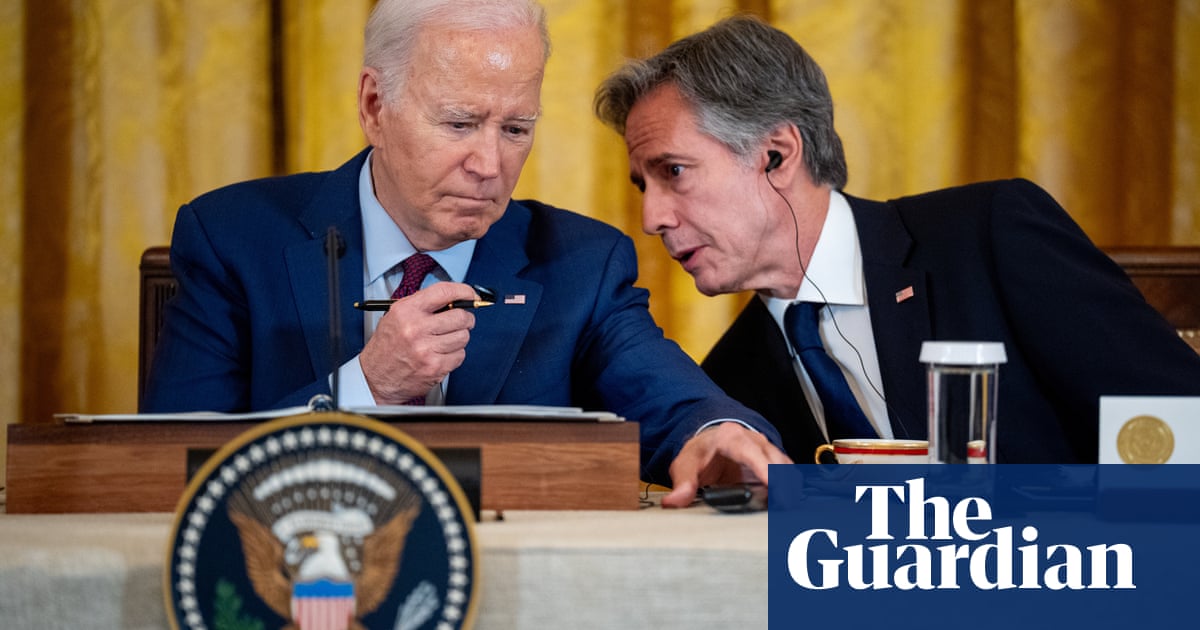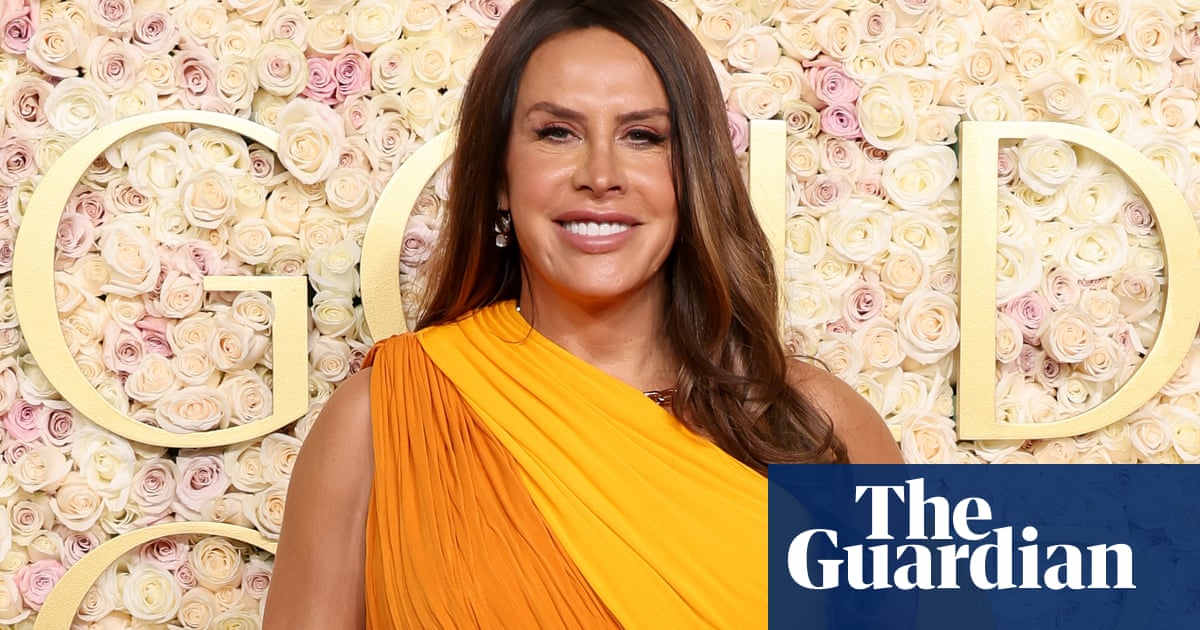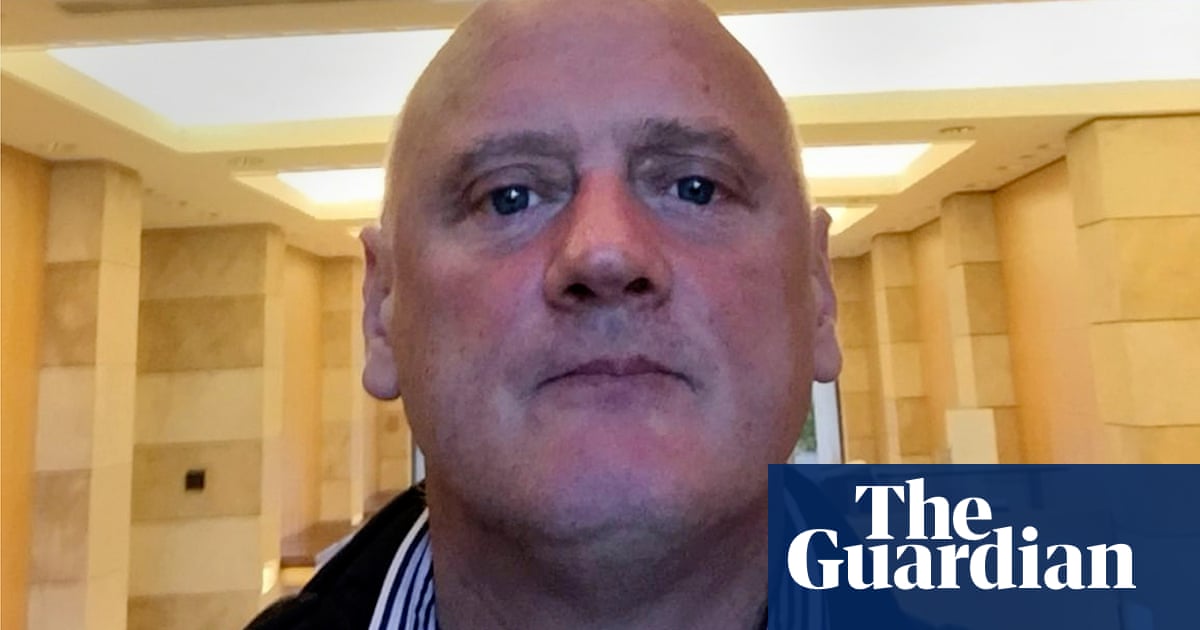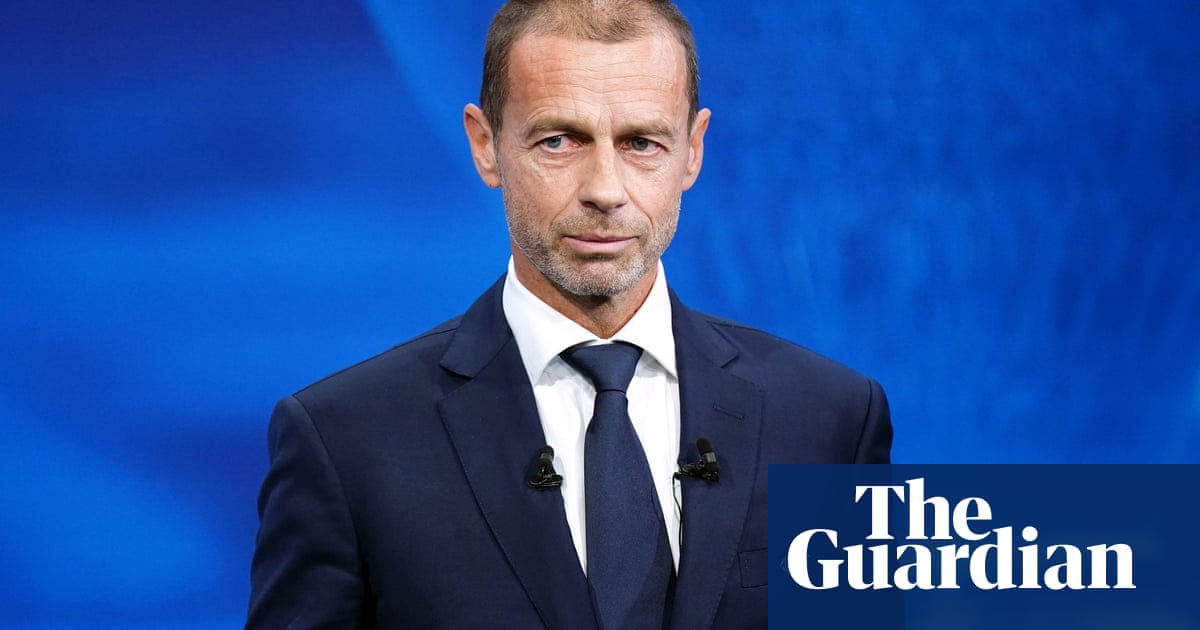Han Dong-hoon has resigned as leader of South Korea’s ruling People Power party, saying his position has become untenable after his dramatic decision to support President Yoon Suk Yeol’s impeachment at the weekend.
“Martial law in the advanced nation that is South Korea, in 2024. How angry and disappointed must you have all been?” he said at a press conference on Monday.
His announcement came as the constitutional court said it had begun reviewing Yoon’s impeachment, without giving further details. Investigators also plan to question the president this week, according to Yonhap news.
Han, once Yoon’s closest ally and former justice minister, defended his decision to break with the president after he attempted to impose martial law earlier this month.
“Even though [the martial law] was done by a president our party produced, being misunderstood as defending illegal martial law that mobilised the military is a betrayal of this great country,” he said, adding he had been “terrified” of potential bloodshed between citizens and soldiers if martial law had not been lifted.
“I tried in every possible way to find a better path for this country other than impeachment, but in the end, I could not. It’s all because of my shortcomings. I’m sorry.”
The resignation marks the final rupture in a once-close alliance between Han and Yoon, who worked together in the prosecution service before Yoon’s rise to the presidency.
Their relationship began showing signs of strain earlier this year, when Han broke ranks to suggest the presidential couple should apologise over allegations that the first lady had accepted a luxury Dior bag.
The breaking point came after revelations that Han was among several politicians, including opposition figures, whom Yoon had ordered arrested during his brief declaration of martial law.
Han subsequently urged ruling party lawmakers to support the president’s impeachment, saying Yoon posed “a great danger” to democracy. His stance represented an extraordinary reversal for someone who had served as Yoon’s justice minister and was long considered his closest political ally and protégé.
The rift reflects deeper divisions within South Korea’s conservative movement, with Han representing a younger, seemingly more reform-minded faction increasingly at odds with Yoon’s more traditional power base.
On Monday, all six current justices of the constitutional court attended the first meeting over the impeachment of Yoon, which the opposition-led parliament passed on Saturday. The court has up to six months to decide whether to remove Yoon from office or to reinstate him.
If Yoon is dismissed, a national election to choose his successor must be held within 60 days. Until then, his powers have been suspended and prime minister Han Duck-soo appointed as acting president.
Yoon and a number of senior officials face potential charges of insurrection, abuse of authority and obstructing people from exercising their rights for the short-lived martial law.
A joint team of investigators from the police, the defence ministry and an anti-corruption agency are planning to call in Yoon for questioning on Wednesday, Yonhap news reported.
The investigators’ office could not be immediately reached for confirmation.
On Sunday Yoon did not appear in response to a summons for questioning by a separate investigation by the prosecutors’ office, Yonhap news reported.
In a late-night emergency television address to the nation on 3 December, Yoon announced he was imposing martial law, accusing the opposition of paralysing the government with “anti-state activities”.
The imposition of martial law – the first of its kind in more than four decades – lasted only six hours, and hundreds of troops and police officers sent by Yoon to the national assembly withdrew after the president’s decree was overturned. No major violence occurred.

 2 months ago
38
2 months ago
38
